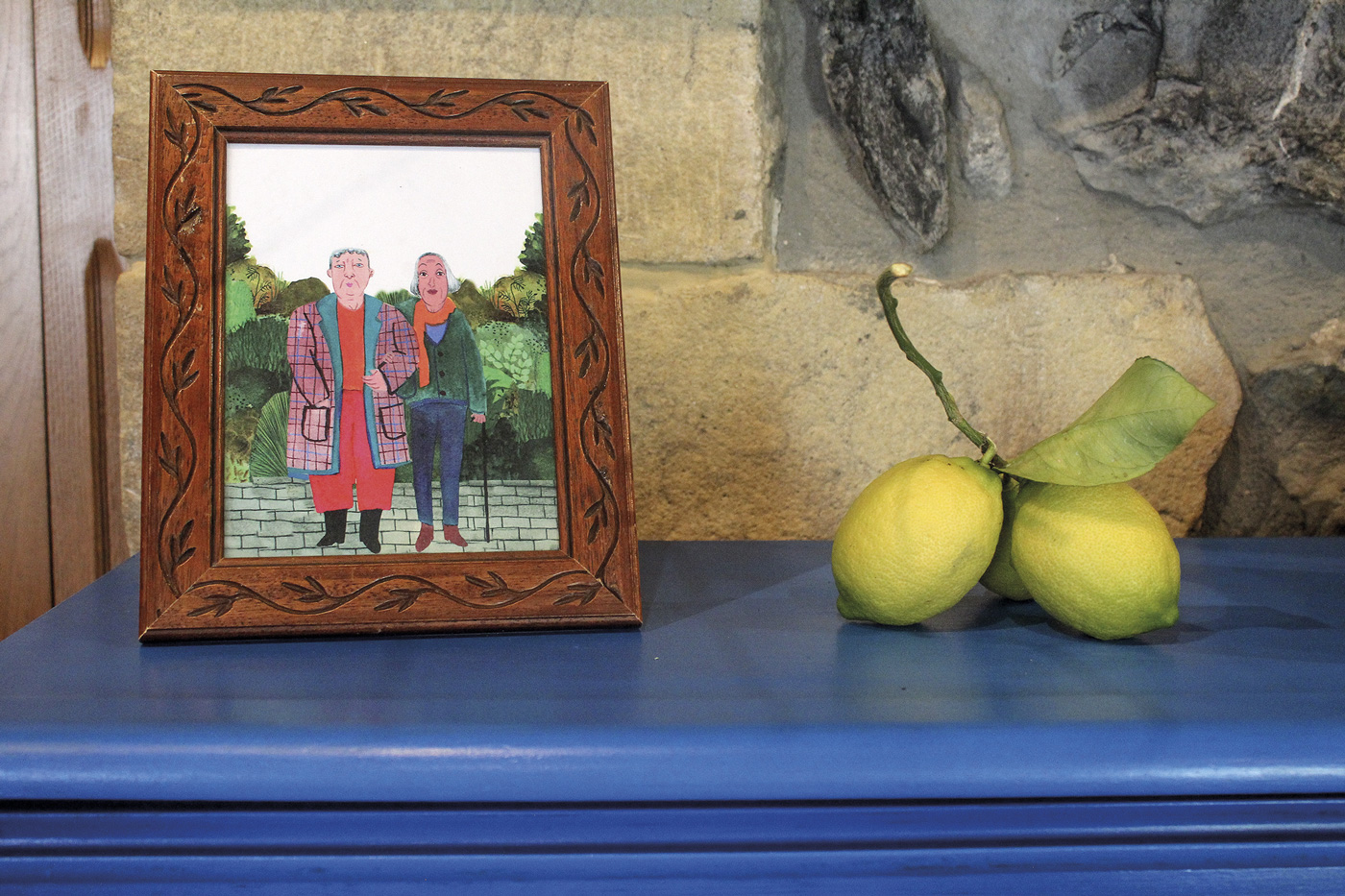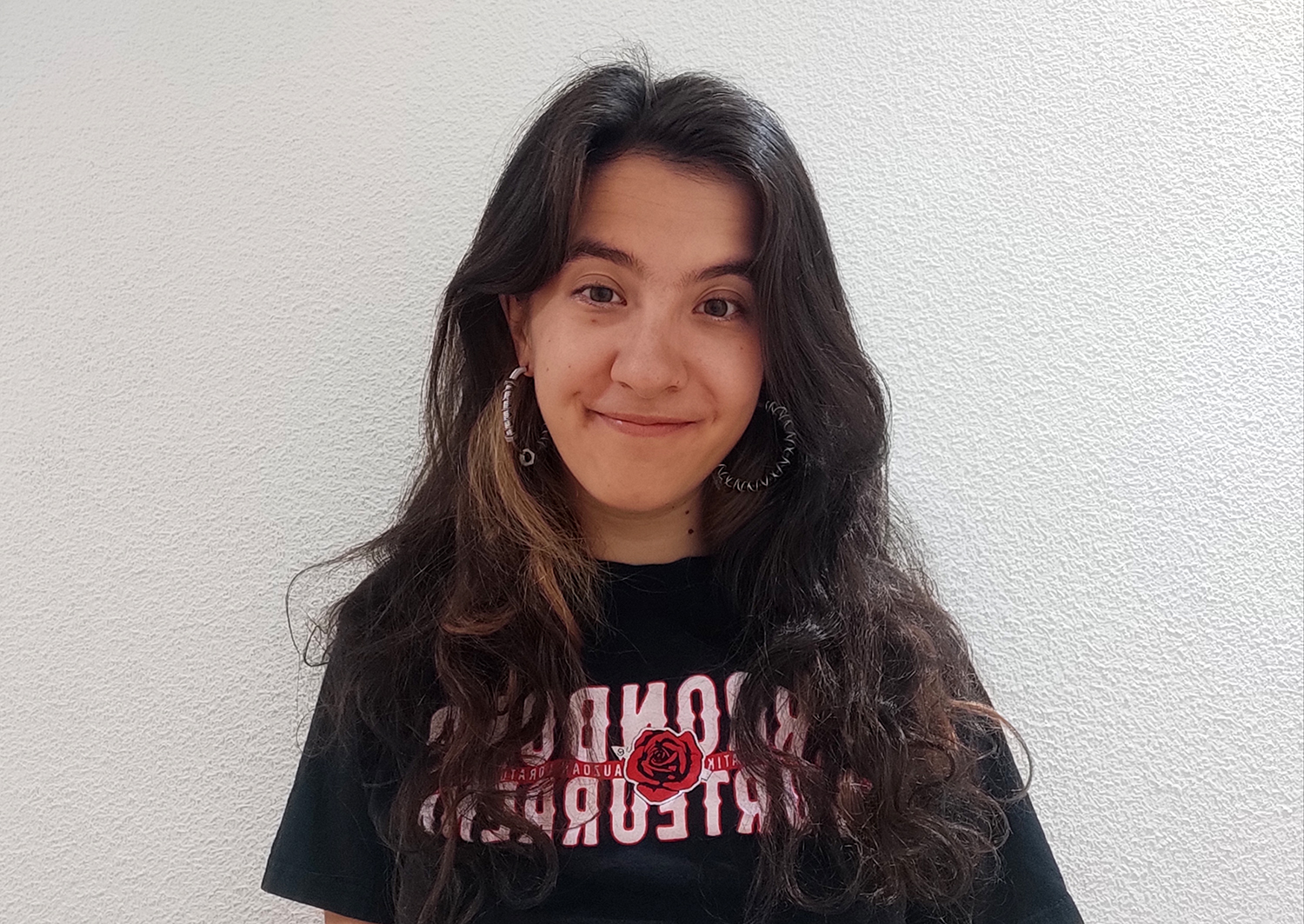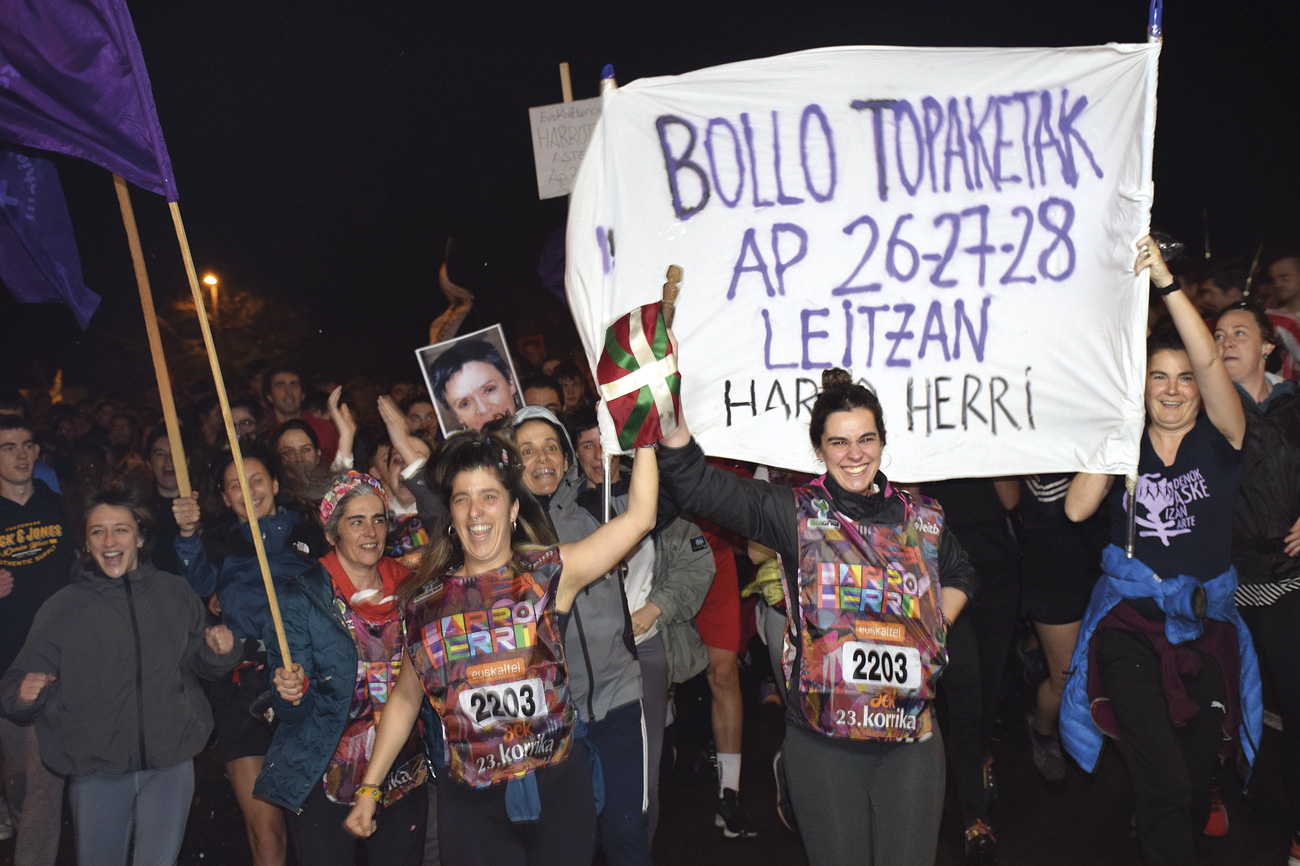Bermejo and Nafarrate: "It would be a pity if those stories that have been produced in our country were completely lost."
- The initiative, promoted by artist Ines Bermejo and Getxoztarras journalists Julen Nafarrate, aims to give visibility to the LGTBI+ amama and aitites. To do so, they will organise an art exhibition, but ask for help in collecting these stories by writing to the email address guerebagara@gmail.com or by calling 687 245 352. To learn more about the project, on this occasion we have met with them.

To begin with, where does the idea of carrying out a project of the type “We are also” come from?
It is a concern that we have had some time ago. We do not know the reality of LGBTI+: how they experience their sexuality, what their experiences are... At the same time, we do not know Getxo’s memory regarding sexual freedom: how the first LGBTI+ people lived their orientation, where they met, what repression they had received... We would like to receive all of this, or at least make our contribution.
What is the current situation of the LGTBI+ group?
In recent years the LGTBI+ struggle has gained great spectacularity, but institutions are also making use of it. A stereotype is being created and all corners are being left out: non-normative bodies, racist people -- and also older people. You don't talk about them, and that's also LGBTBIphobia, whether it's indirect or covert.
And, moving on to us, what is that situation like?
It is true that young generations today live their sexuality with greater freedom, at least in certain spaces, but it is also true that many LGBTI attacks are taking place in our country. The clearest thing is the case of the carnivals of Algorta. It is essential to continue fighting in all areas and spaces.
In the LGTBI+ collective, of course, there are people of all ages. However, the situation of grandparents and grandmothers is very unknown among many. What are the difficulties envisaged in collecting your testimonies?
The truth is that it will be a great challenge to collect these testimonies, because there is still a great stigmatization in the case of the major LGBTI+. In general, we believe that little is said about the problems of the elderly, much less about the sexuality of the elderly, and nothing about the sexuality of the elderly LGBTI+. We would like to make a small gap on that wall, let's see if we get it!
When will you start collecting those testimonies?
We have already started and the truth is that it is being difficult. If someone reads this interview and is willing to make a contribution, we want to encourage them to get in touch with us. It would be a pity if all those stories that have happened in our country, which are not collected, which have no recognition, were lost.
Socialize testimonies through art. How do you want to do it?
This autumn we are planning to organise an art exhibition. We will use the collage technique by mixing old and current photographs. Testimonies and stories can also be read in it.
Before the project begins, several questions are raised: "Where did the Getxo LGBTI+ meet? What codes and words did they have? Were there any groups? ". Before you get the answers, do you have information about them?
The truth is, we haven't had much information. If we have any reference: The pinar of Azkorri is the best known in the case of men, which has sometimes been used for insulting and joking, as well as some bar. But the most repeated thing is that people went mainly to Bilbao to live their sexuality with greater freedom.
How can you participate in the project?
To do this, the best way is to contact us directly at guerebagara@gmail.com or on the phone 687 245 352. Our goal is for all participants to feel comfortable and, of course, we will take into account the needs and feelings of each one.
For all this they have had the collaboration of the Getxo City Hall, right?
Yes, we presented ourselves to the Getxo City Council’s call for creative scholarships and we received a grant to continue the project.
1984an ‘Bizitza Nola Badoan’ lehen poema liburua (Maiatz) argitaratu zuenetik hainbat poema-liburu, narrazio eta eleberri argitaratu ditu Itxaro Borda idazleak. 2024an argitaratu zuen azken lana, ‘Itzalen tektonika’ (SUSA), eta egunero zutabea idazten du... [+]























